
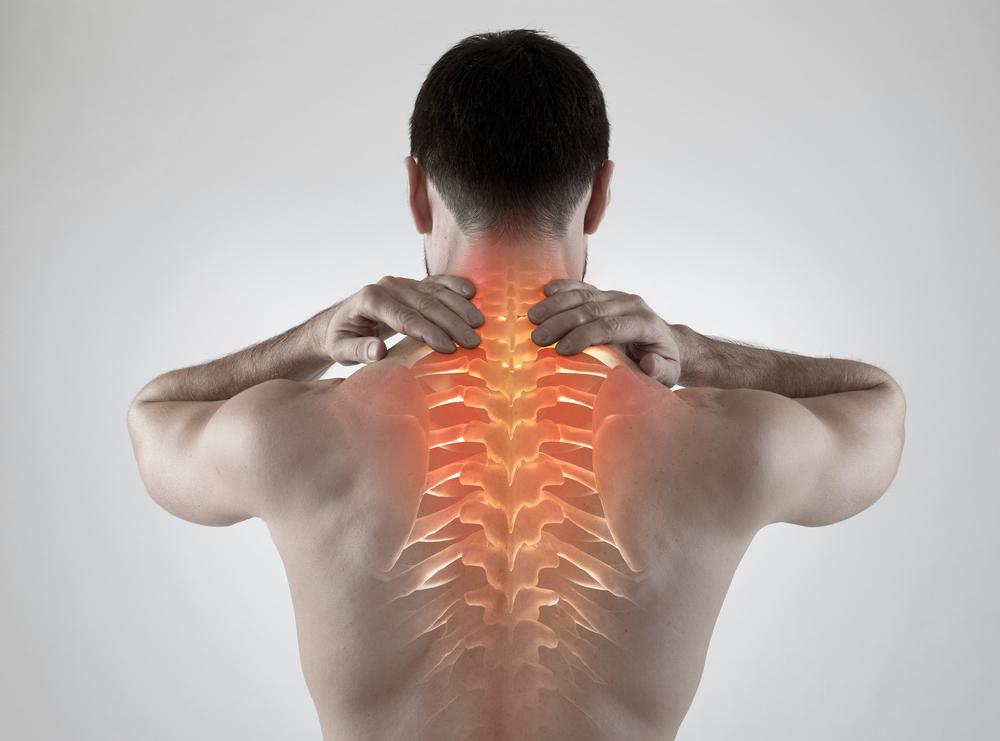
A pinched nerve occurs when pressure or force is put on an area of a nerve, causing it to send warning signals to the brain. Pinched nerves are usually caused by a damaged nerve, and symptoms can include pain, numbness, and weakness. In some cases, you can’t reverse the damage from a pinched nerve. But pinched nerve treatment Woodstock usually relieves pain and other symptoms.
Simply put, a pinched nerve refers to the damage that happens to a nerve or group of nerves when the surrounding tissues (cartilage, disc, bone, tendon, or muscle) place increased pressure on the nerve.
Pinched nerves can happen almost anywhere in your body. The most common areas include:
Nerves extend from your brain and spinal cord, sending important messages throughout your body. If you have a pinched nerve (nerve compression) your body may send warning signals such as pain to your brain. Don’t ignore these warning signals.
Damage from a pinched nerve may be minor or severe. It may cause temporary or long-lasting problems. The earlier you get a diagnosis and treatment for pinched nerve (also known as nerve compression), the more quickly you will find relief.
The warning signals sent by a pinched nerve may cause a few different symptoms in the body, especially in the area around the nerve.
Signs and symptoms of a pinched nerve include:
Symptoms may also be worse while lying down or just after waking up.
These symptoms may result from changes that develop in the spine’s discs and bones. For example, if a disc slips out of place or protrudes – known as a herniated disc – it can put pressure on a spinal nerve.
A pinched nerve also puts a person more at risk for other problems. People with a pinched nerve may also experience symptoms of sciatica, tennis elbow, and carpal tunnel syndrome.
Pinched nerves can occur anywhere in the body but happen most often in the neck, back, elbows, and wrists.
Nerve compression in your neck or arm may also cause symptoms in areas such as your:
This can lead to conditions such as:
These injuries may range from minor temporary damage to a more permanent condition. If nerve compression lasts a long time, a protective barrier around the nerve may break down. Fluid may build up, which may cause:
The scarring may interfere with the nerve’s function. Therefore, you should seek pinched nerve treatment Woodstock as soon as possible after experiencing the symptoms mentioned above.
A pinched nerve typically happens when a nerve is damaged and cannot send the right/normal signals to the brain, which may cause feelings of numbness and tingling.
A pinched nerve can happen for various reasons. A herniated disc or bone spurs that are compressing the nerve may cause it. It may also be caused by arthritis in the area. Also, certain activities and habits can cause a pinched nerve. Sitting, standing, or walking with poor posture may cause a pinched nerve.
Injuries from sports or repetitive actions may compress a nerve. The extra pressure and weight caused by obesity may also lead to pinched nerves.
The term “pinched nerve” describes one type of damage or injury to a nerve or set of nerves. A pinched nerve happens when there is “compression” (pressure) on a nerve.
The pressure may be the result of repetitive motions. Or it may happen from holding your body in one position for long periods, such as keeping elbows bent while sleeping.
Nerves are most vulnerable at places in your body where they travel through narrow spaces but have little soft tissue to protect them. Nerve compression often occurs when the nerve is pressed between tissues such as:
For example, inflammation or pressure on a nerve root exiting the spine may cause neck or lower back pain. It may also cause pain to radiate from the neck into the shoulder and arm (cervical radiculopathy). Or pain may radiate into the leg and foot (lumbar radiculopathy or sciatic nerve pain).
A pinched nerve is sending warning signs to the brain, so you should listen to them. If you feel pain from a pinched nerve that keeps getting severe even after regular treatments or lasts for more than a few days, then you should go see a doctor for proper diagnosis, examination, and treatment.
There are a few symptoms that require immediate pinched nerve treatment Woodstock, including:
The doctor may ask you some questions about your lifestyle to determine what is causing your pinched nerve. Or they may recommend additional testing, such as an X-ray, to determine exactly where the nerve is pinched.
Doctors may request imaging tests, such as magnetic resonance imaging (MRI) or a computerized axial tomography (CAT) scan, to get a better picture of the nerves and how they are affected. This will help narrow down treatment options, which include painkillers or corticosteroids, physical therapy, or, in severe cases, surgery.
Surgery comes with its risks and complications, so anyone considering it should work directly with their doctor to find a treatment plan that is right for their needs.
Your doctor may also prescribe a stronger anti-inflammatory medication for pain or physical therapy to help reduce symptoms.
It is very important that you stop any home remedies if they seem to hurt you or make your condition worse. If you have numbness or tingling that is not resolving or is getting worse, consult a doctor as soon as possible.
Pinched nerves are usually temporary and easily treated at home. Persistent symptoms may be a sign of more serious damage that requires proper medical care.
Remember, Pinched nerves are mostly avoidable, and a good self-care routine can help reduce inflammation and keep pressure from building up around the nerves.
If you need pinched nerve treatment Woodstock, then visit Advanced Health Solutions – GA Spine & Disc to find out how we can help you. Call us today at (770) 212-3991 or fill out our online contact form to book your appointment!


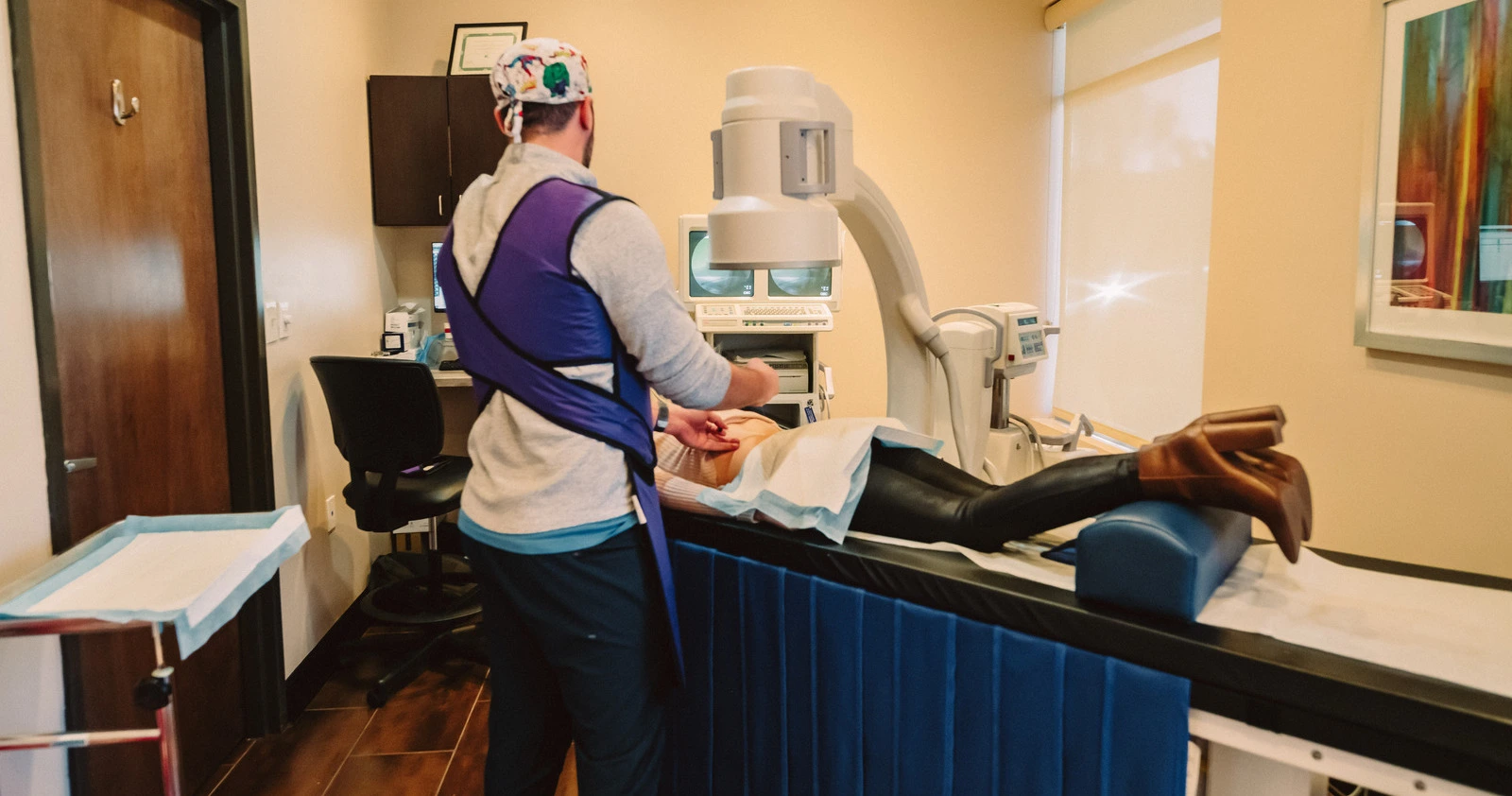
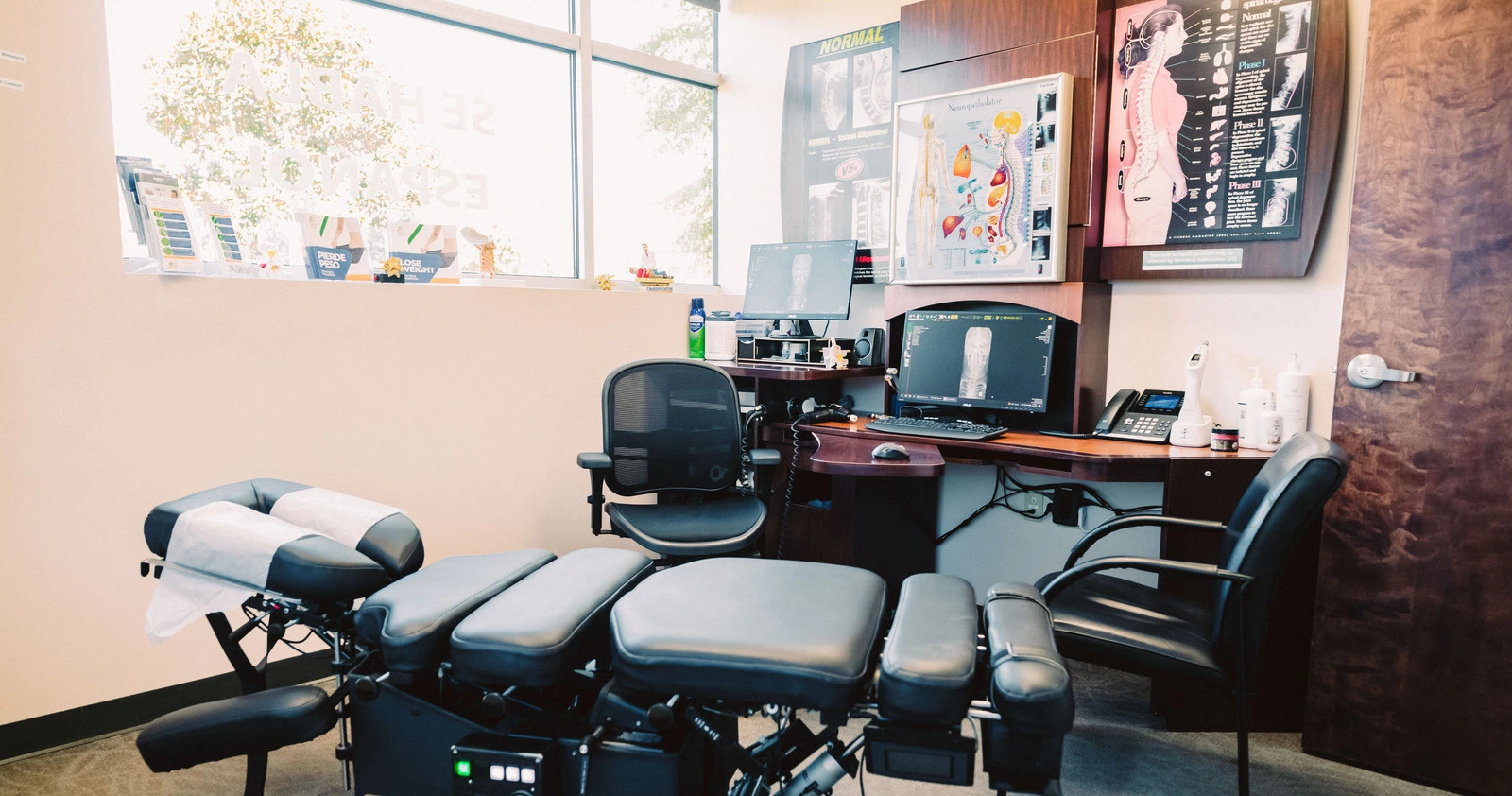



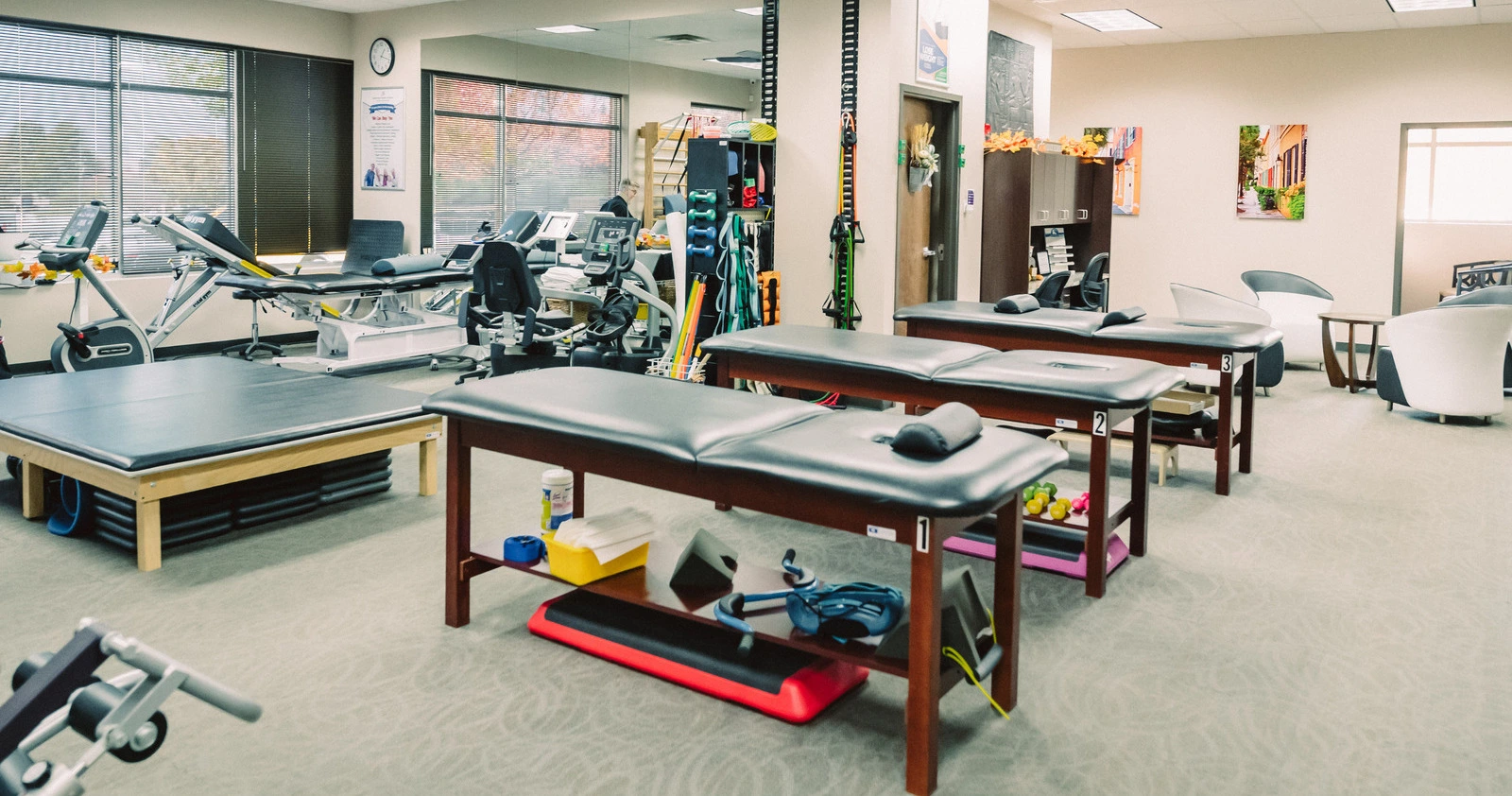
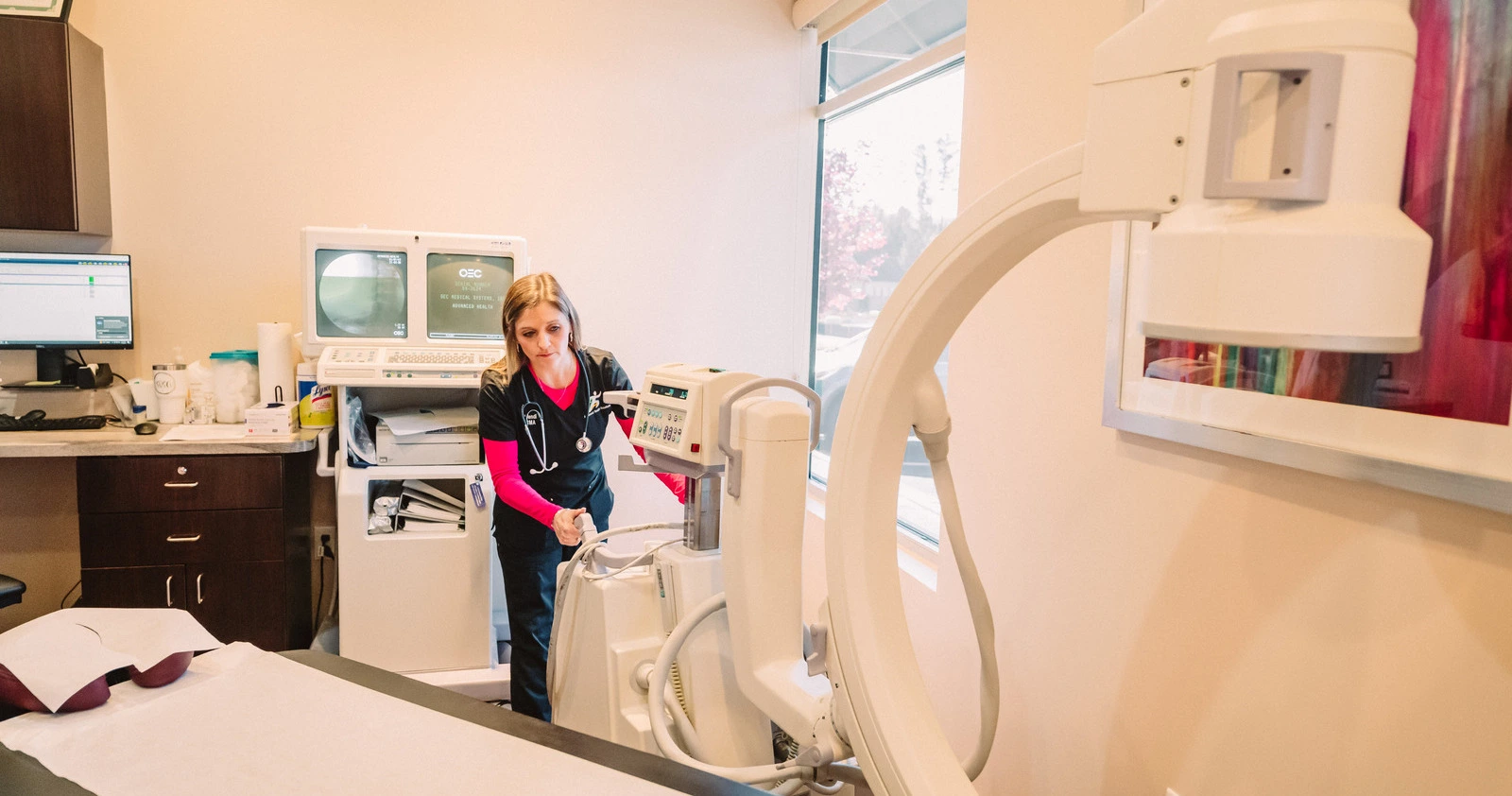

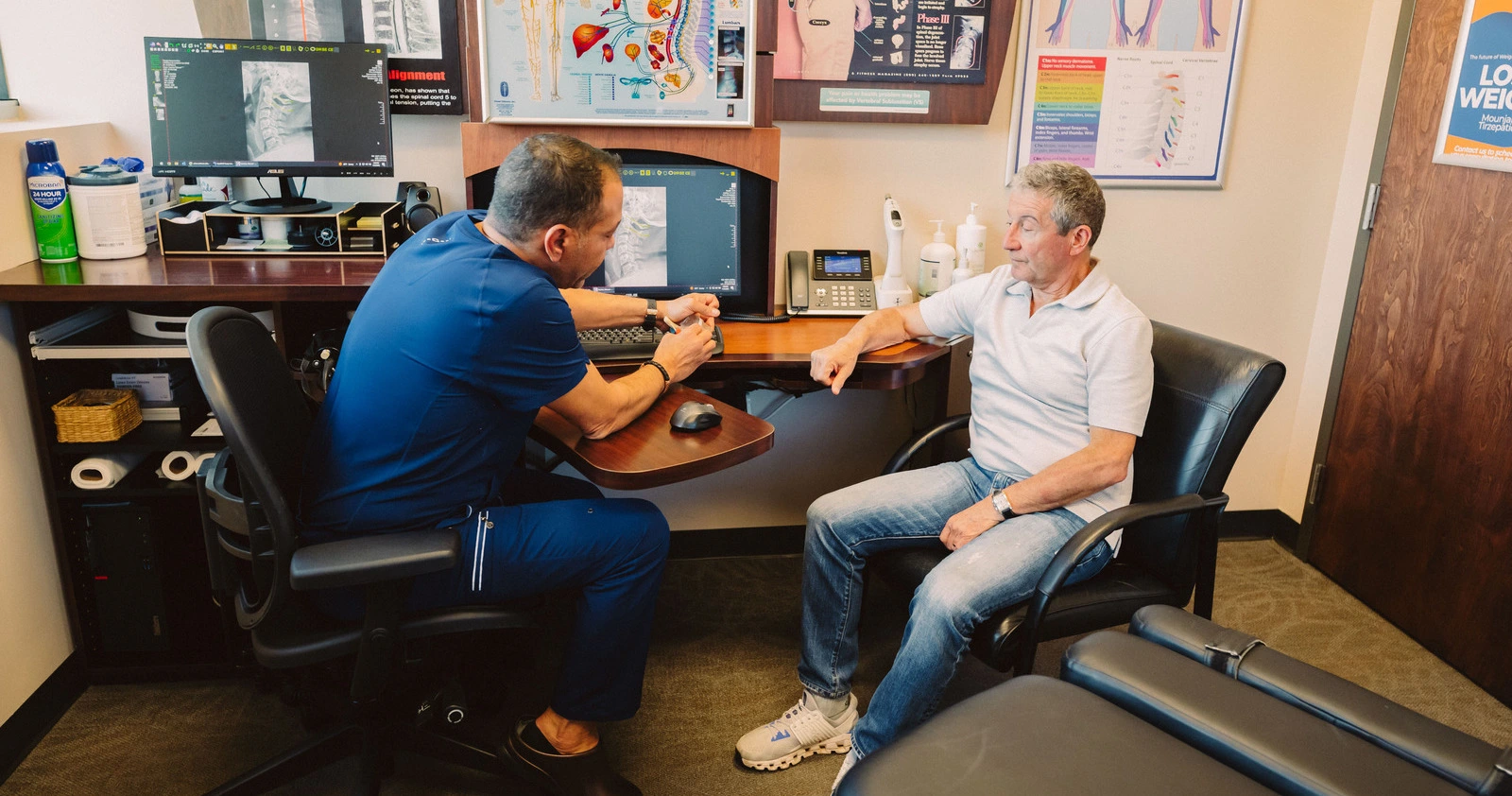
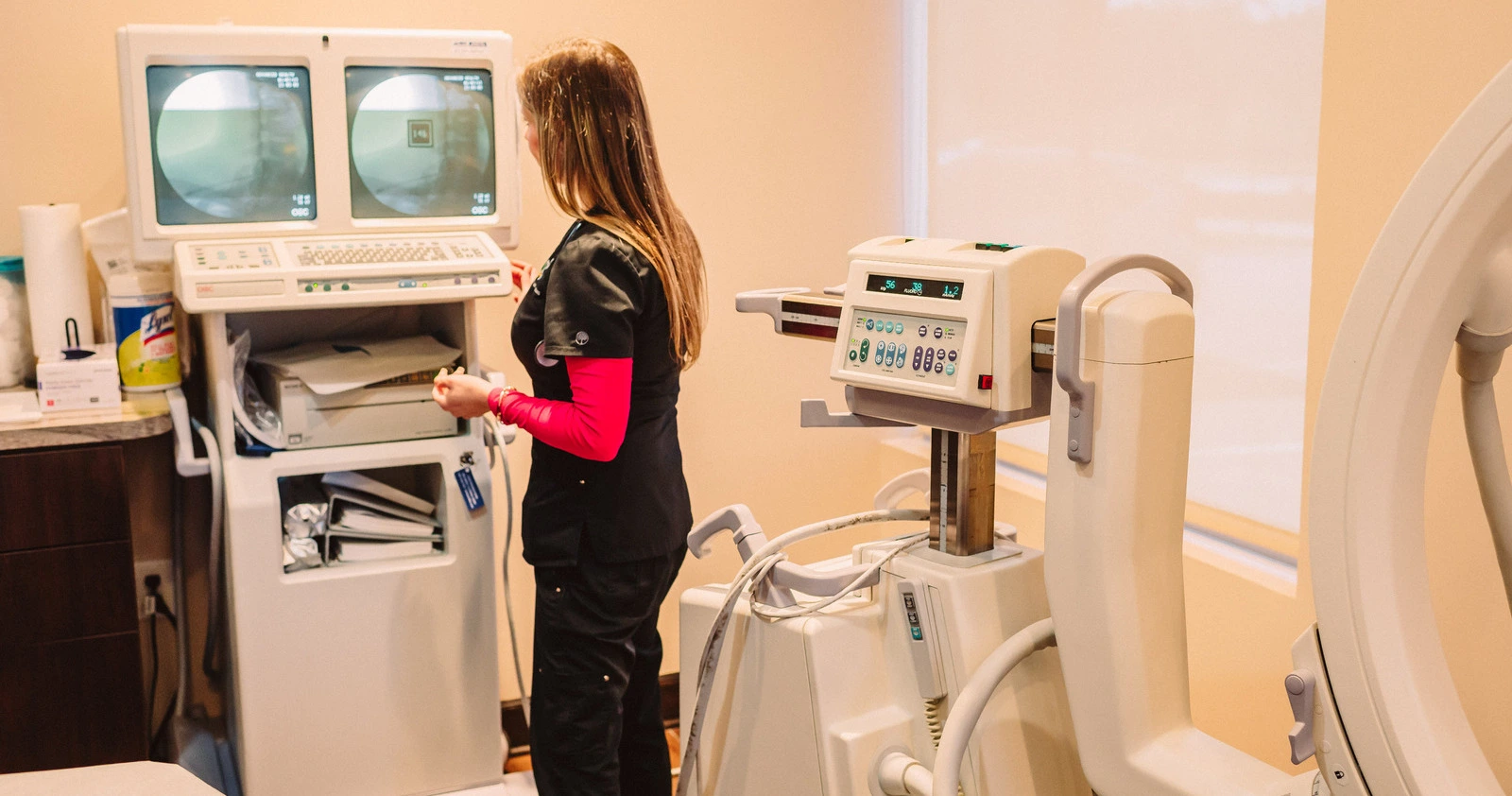
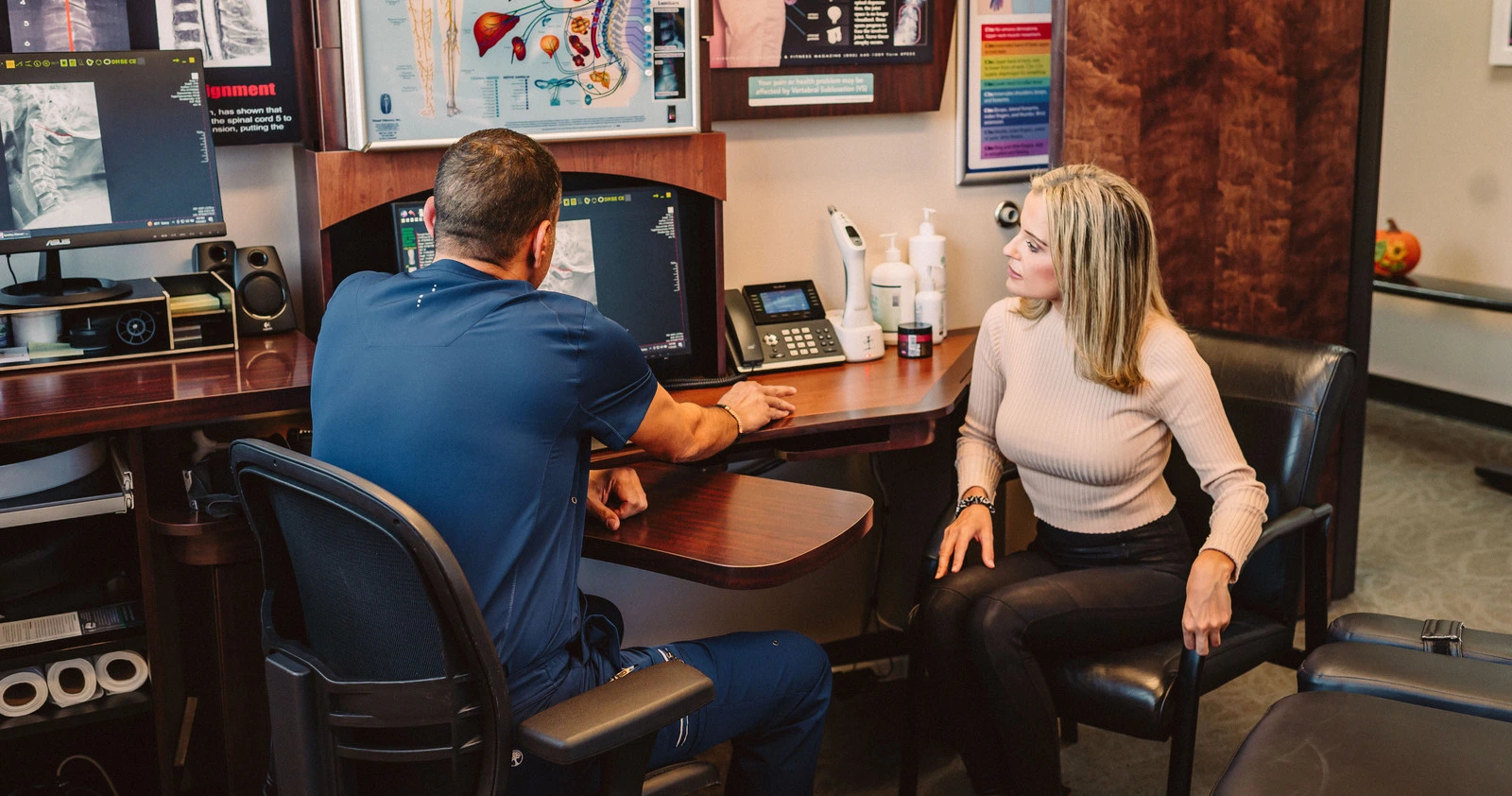
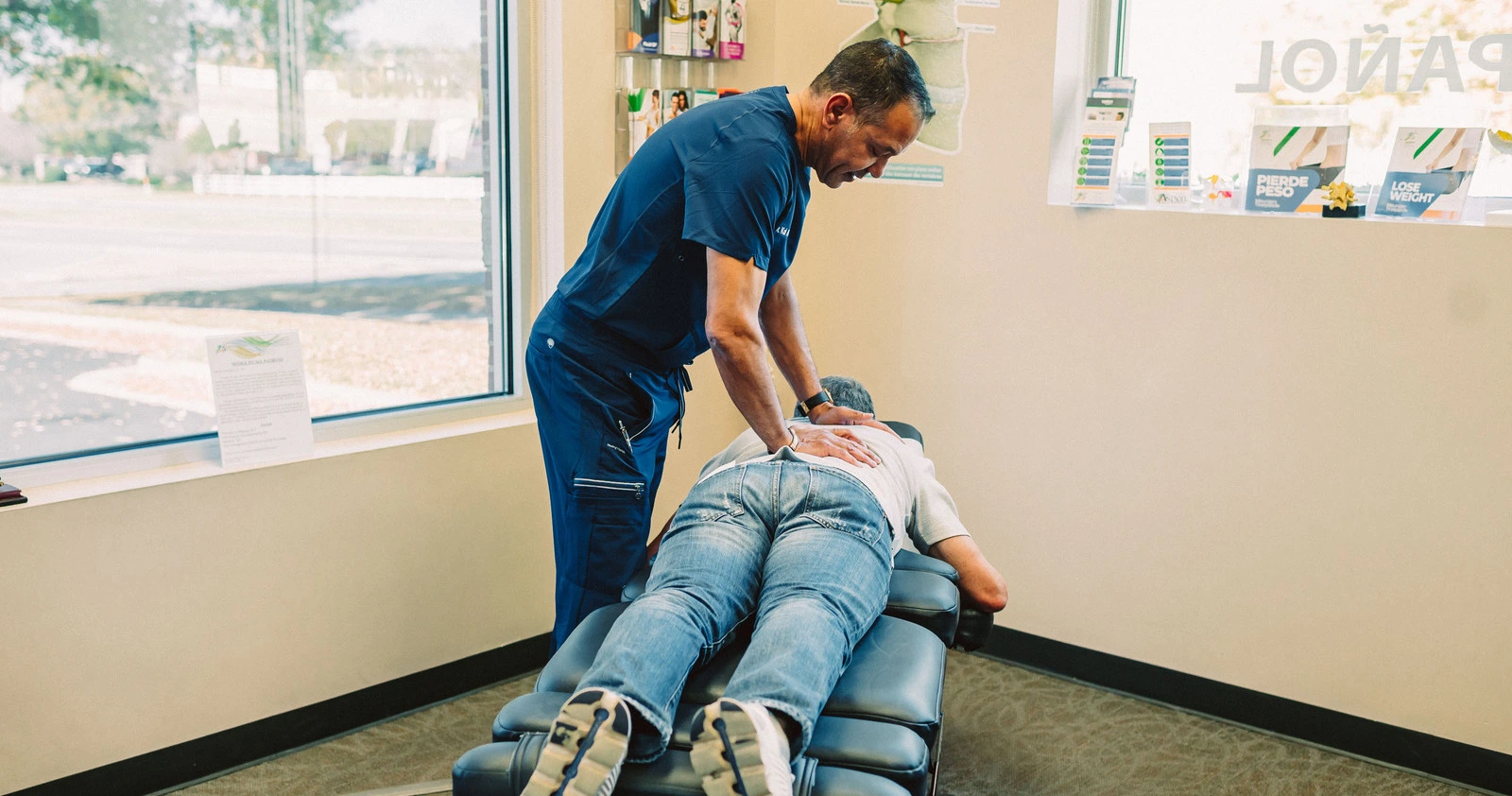
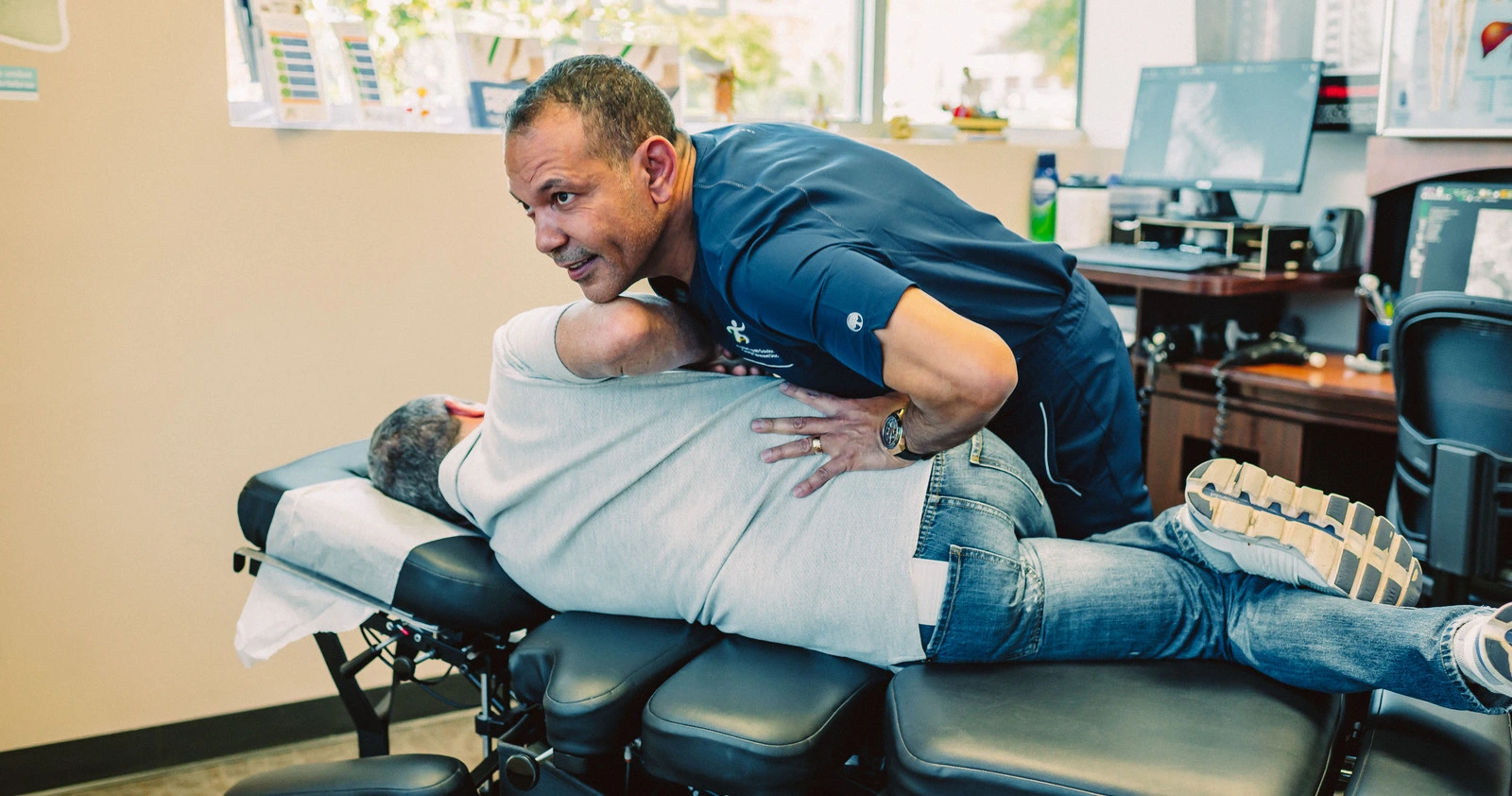
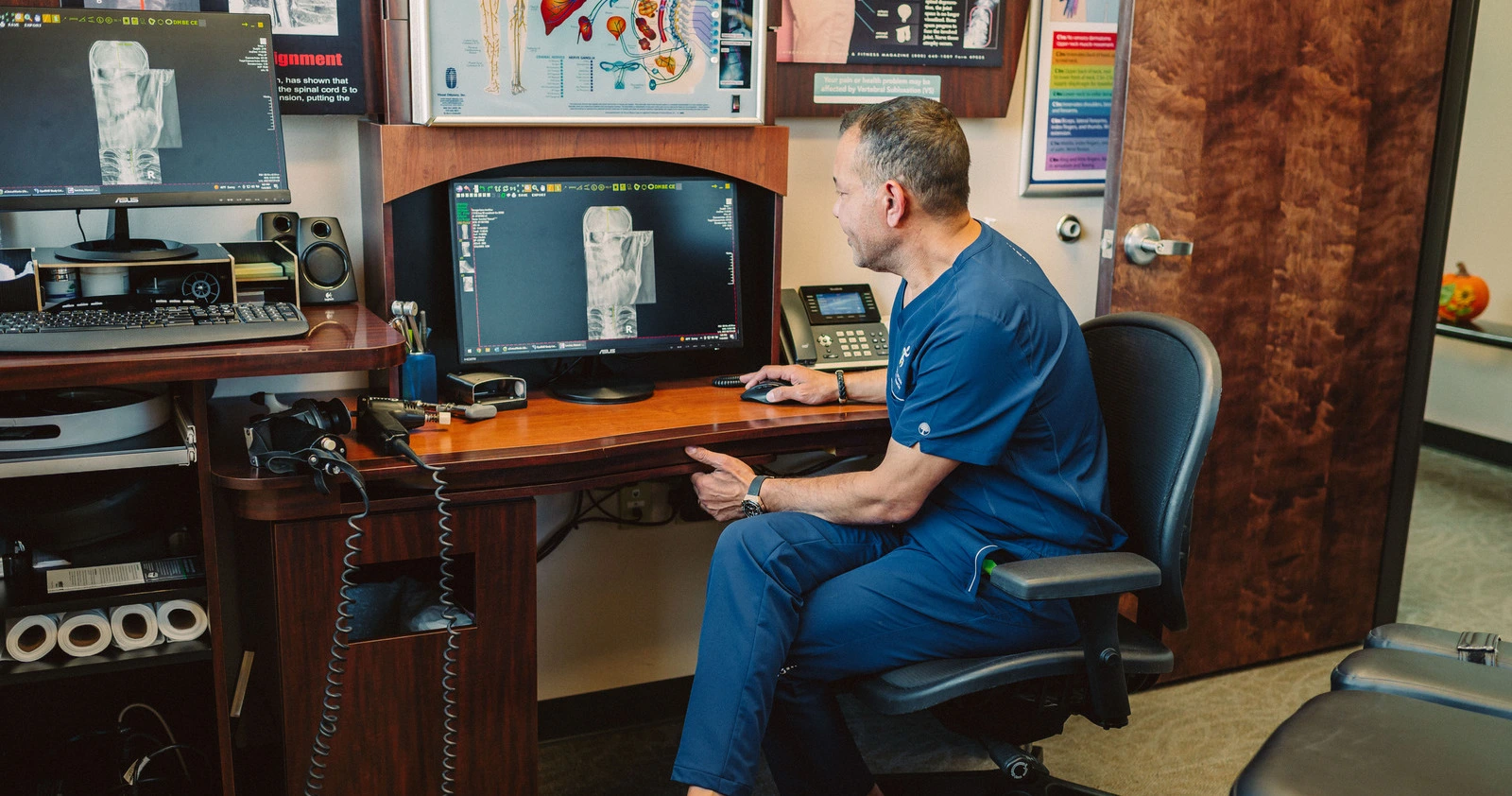
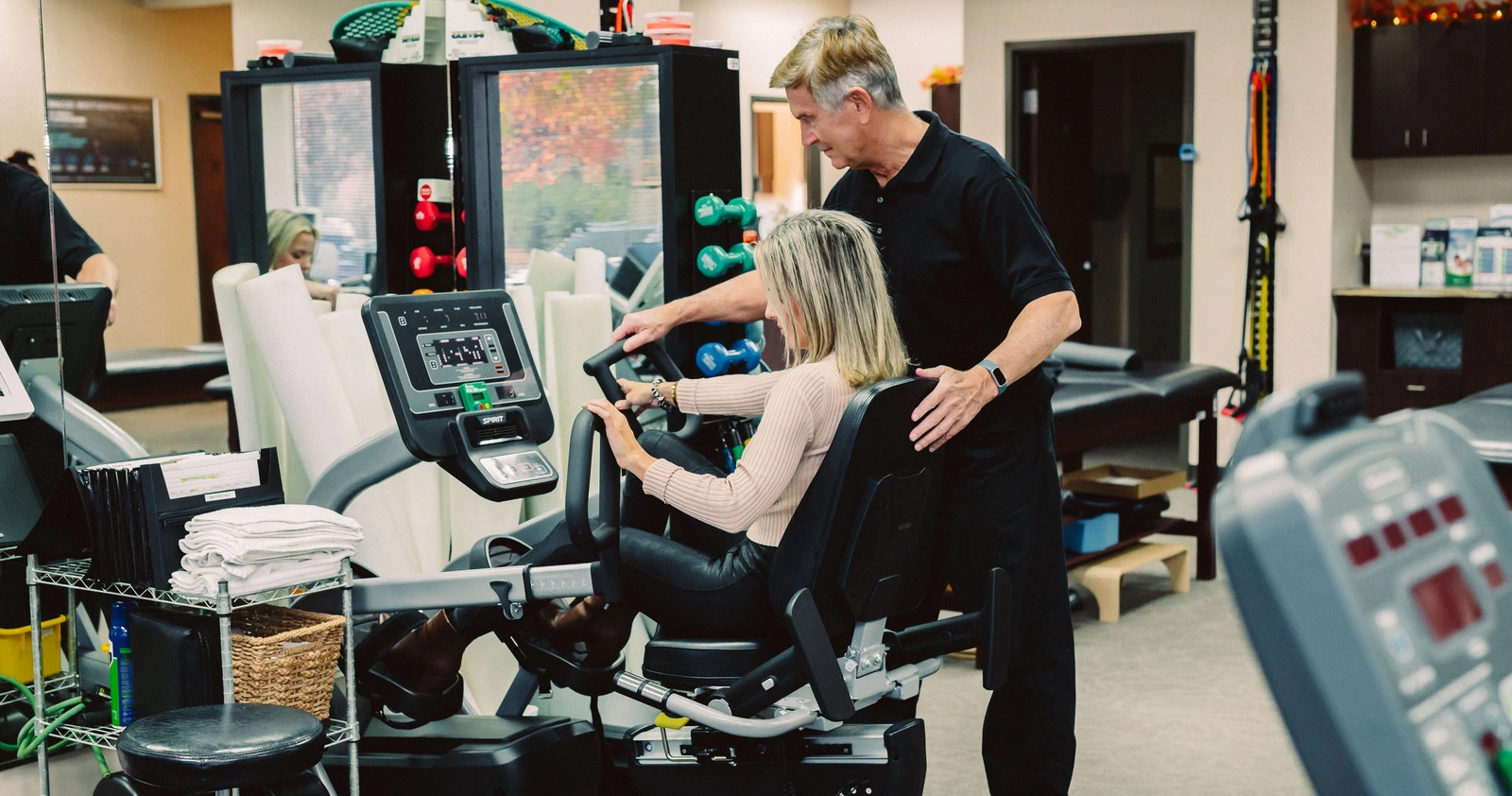
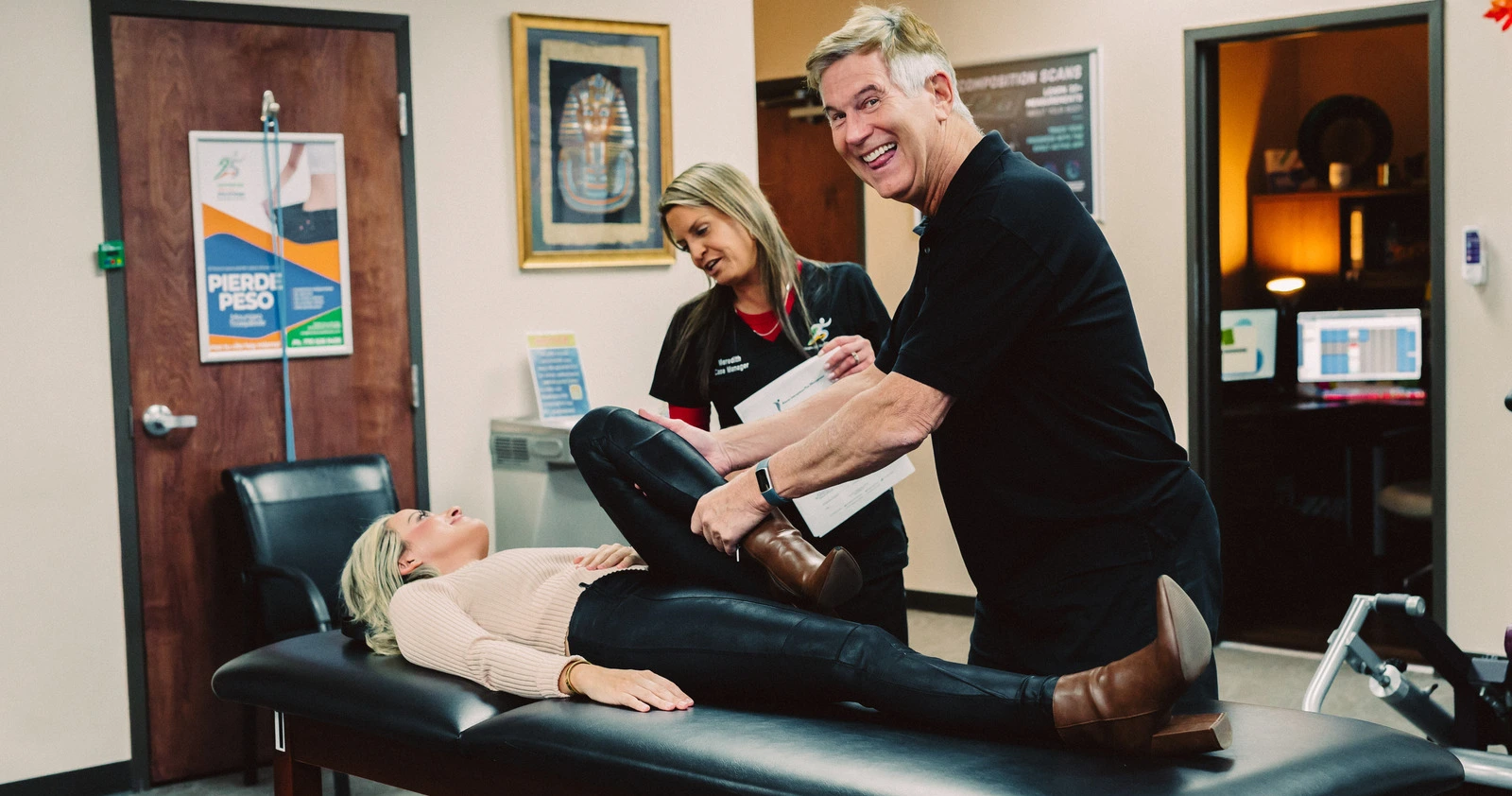
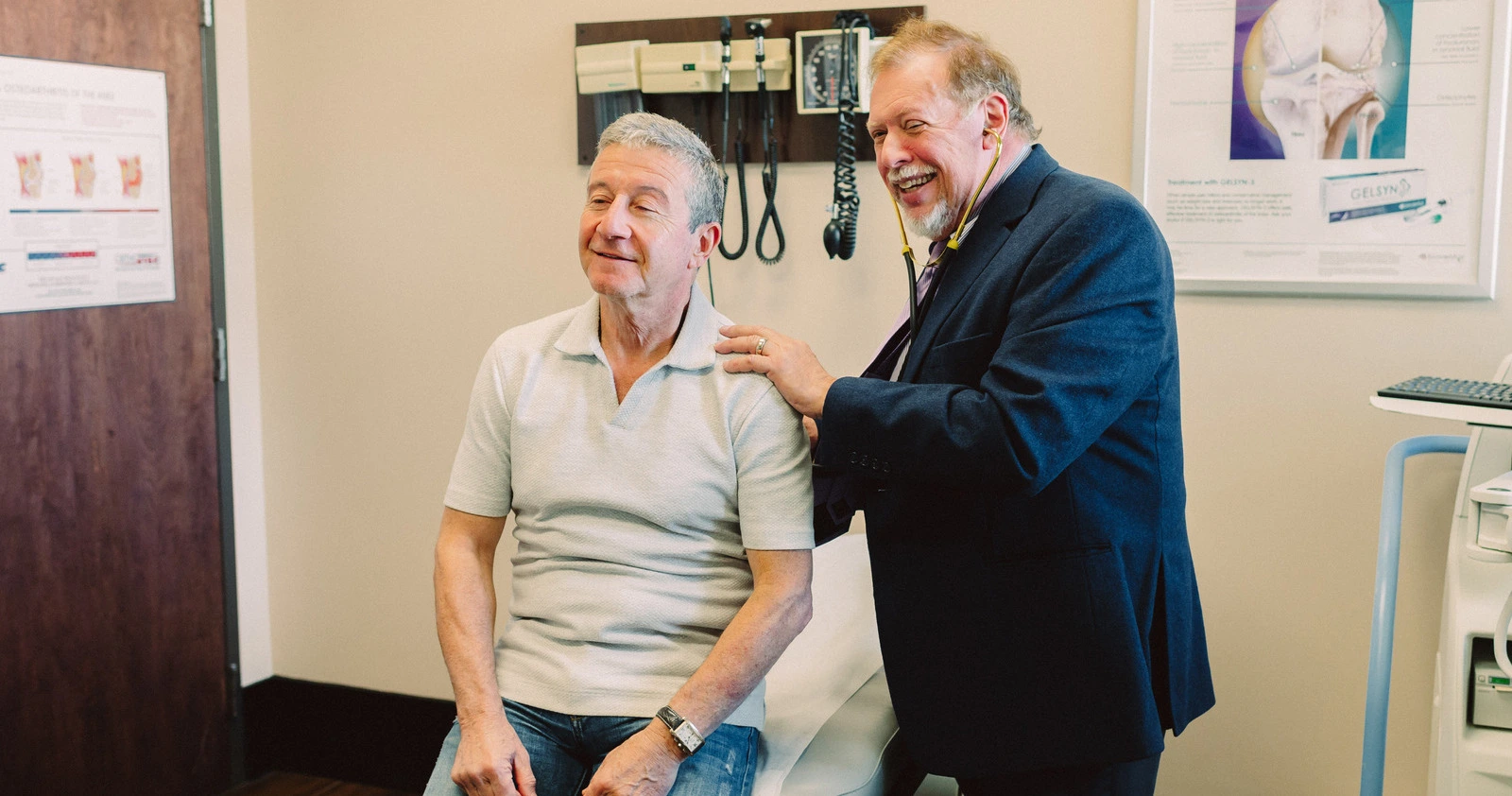


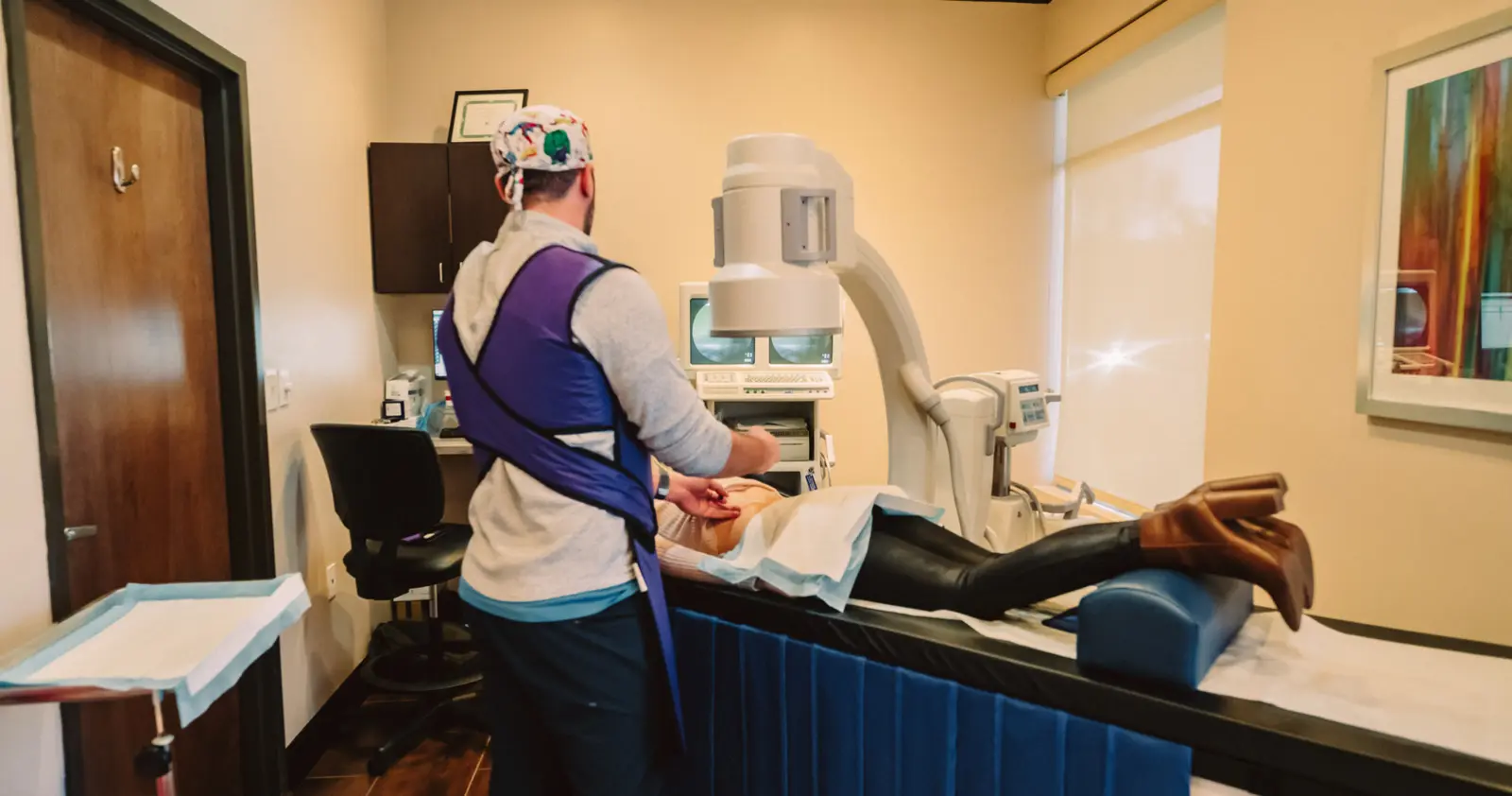

Our medical clinic offers a wide range of services, including primary care, specialty care, preventive care, diagnostic testing, chiropractic, physical therapy, and more. We strive to provide comprehensive and personalized healthcare to our patients.
Our medical professionals are highly trained and experienced in their respective fields. We have a team of doctors, nurses, specialists, and support staff who are dedicated to providing quality care and ensuring the well-being of our patients.
Our clinic(s) are conveniently located in a central area, with easy access to public transportation and ample parking facilities. We understand the importance of accessibility and strive to make it convenient for our patients to reach us. See all locations
We take pride in our high patient satisfaction rates and positive outcomes. We regularly collect feedback from our patients to continuously improve our services and ensure we meet their expectations. Read Our Reviews
We strive to work with a wide range of insurance providers to ensure that our services are accessible to as many patients as possible. We also offer flexible payment options and financial assistance programs to make healthcare affordable for our patients.
The purpose of this visit is to assess your symptoms, diagnose any potential conditions, and provide appropriate treatment or recommendations. Your healthcare provider will outline the recommended treatment plan, which may include medications, lifestyle changes, therapies, or referrals to specialists, depending on your condition.
In addition to our core medical services, we may offer additional benefits such as extended hours, online appointment scheduling, electronic medical records, and patient education resources.
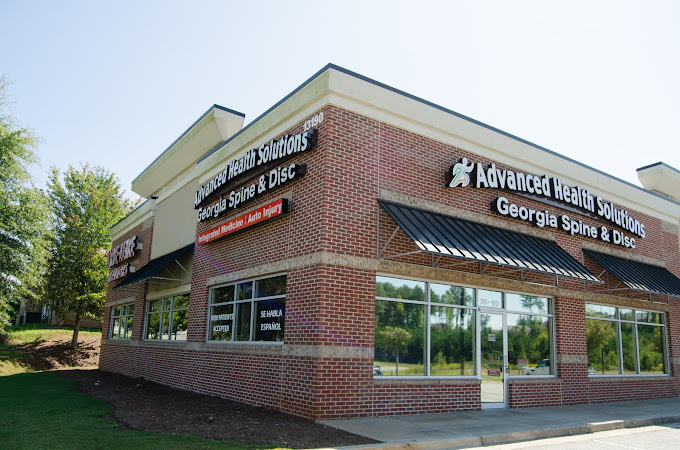

We are a Multidisciplinary Clinic with over 75 years of Combined Experience